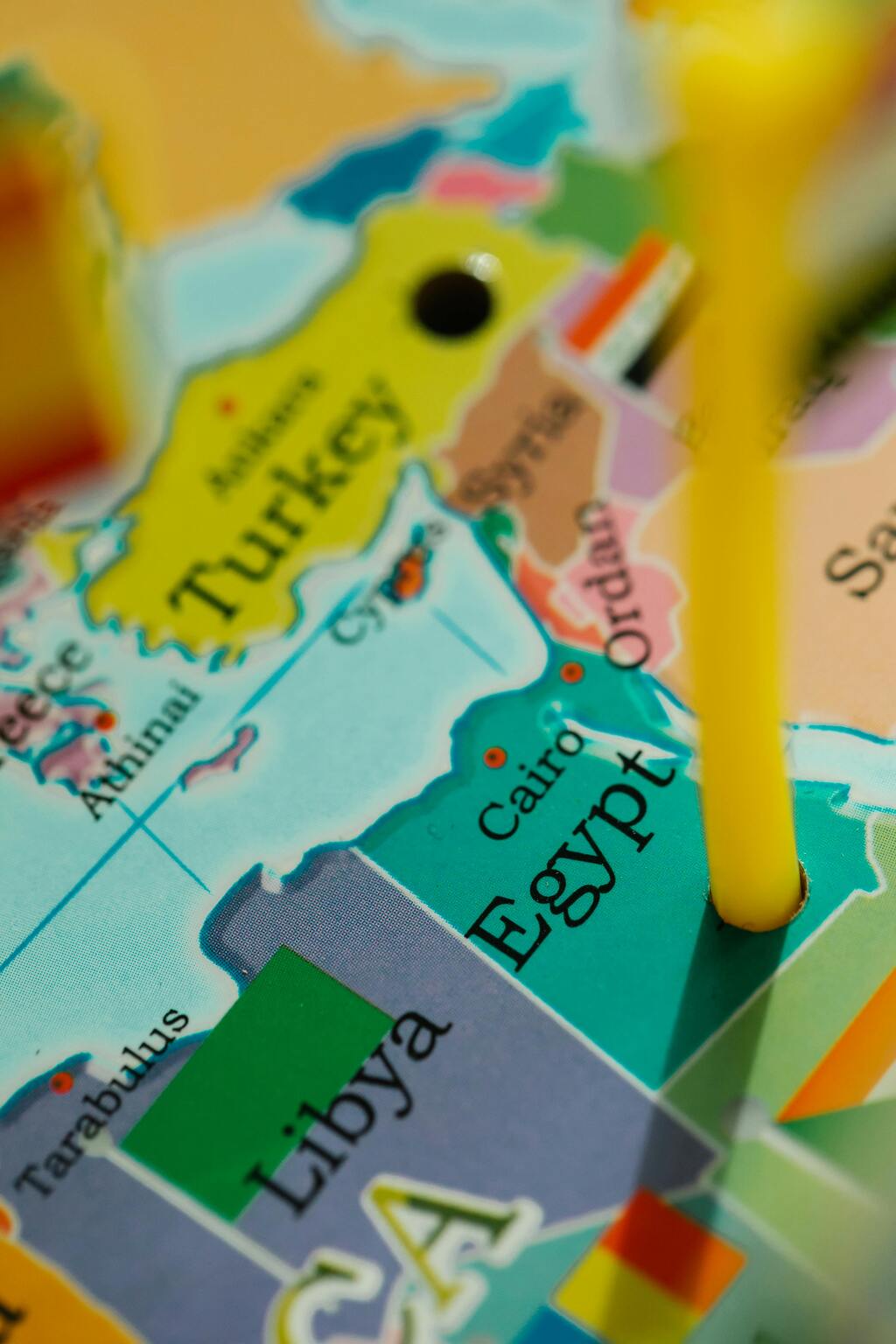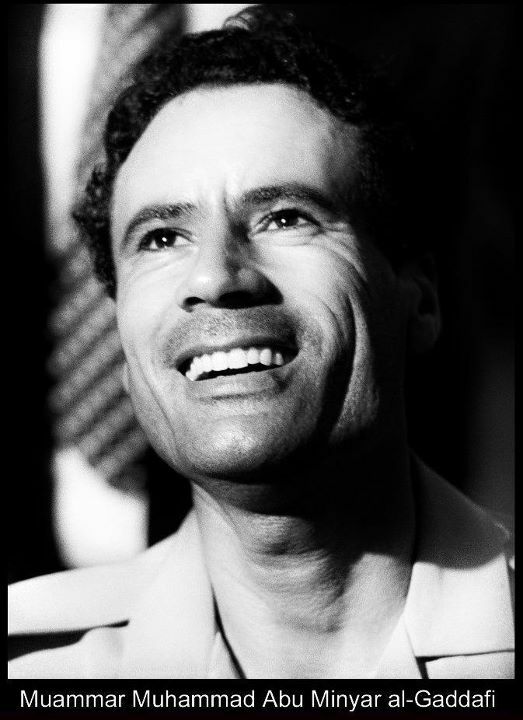
As discussions resurface around the rebuilding of a website dedicated to Libya's revolutionary history, one cannot help but reflect on the deeper consequences of the NATO-led intervention in Libya in 2011. I addressed these very concerns in my 2014 book on revolutionary Libya (1969–2011), a country once led by the controversial but influential figure, Muammar al-Gaddafi.
In the months leading up to his death, Gaddafi issued stark warnings to the Western powers that chose to intervene militarily in Libya.
"If you attack Libya, you will have al-Qaeda at your doorstep."
His words were not empty threats. In the years following the war, France and other European nations faced devastating terrorist attacks—warnings that now seem tragically prophetic.
Gaddafi was also a strong advocate for pan-African independence and development. To young Africans who dreamed of fleeing the continent, he said:
"Stop looking to the West. Stay in your respective countries and contribute to their development."
To the Western nations dropping bombs on Libya, he gave a grim prediction:
"If you destroy Libya, you will have all of Africa at your doorstep."
Indeed, after the fall of Gaddafi, the destabilization of Libya led to a sharp increase in migration flows and regional insecurity. Today, France—among other nations—voices concern over the influx of migrants and the inability to manage the consequences of a war it once championed.
The death of Muammar al-Gaddafi was not just the fall of a leader. It was a tremendous loss for Africa and, arguably, for the entire world.
Had the French government at the time, under President Nicolas Sarkozy, not launched its campaign against Libya, perhaps France would not be in its current state of political and economic turmoil.
France is now bankrupt.
And Sarkozy, in my view, should be held accountable—not just politically, but morally—for what followed.
He should spend the rest of his life behind bars.
This reflection may be long, but the time has come to reconsider how we define peace, intervention, and responsibility. Thank you for listening to someone who still believes in working for peace in the world.
